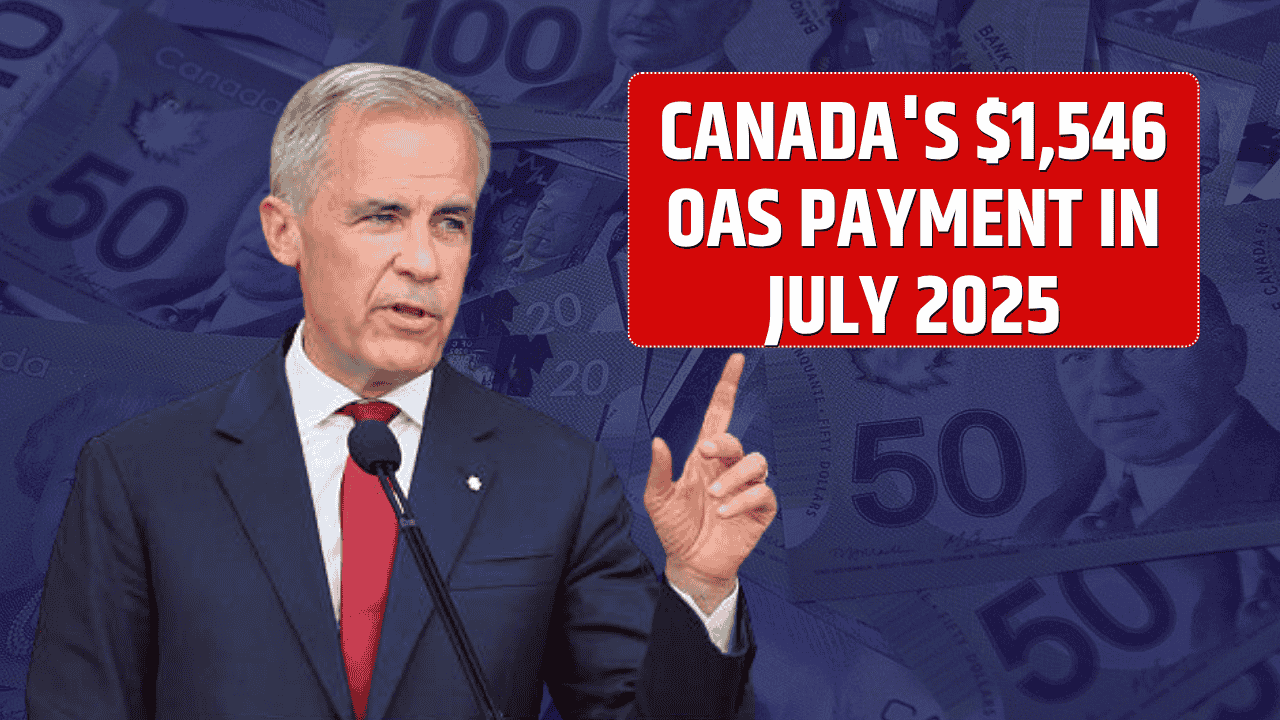The Senate has passed a controversial $9 billion rescissions package backed by President Trump, targeting funding for the Public Broadcasting Service (PBS), National Public Radio (NPR), and foreign aid programs. This move marks a significant win for fiscal conservatives, but it also deepens partisan tensions as Democrats warn of risks to future bipartisan funding agreements.
Table of Contents
Senate Passes $9B Rescissions Bill
In a narrow 51-48 vote early Thursday, the Senate approved the rescissions measure with unified Republican support.
However, GOP Senators Susan Collins of Maine and Lisa Murkowski of Alaska broke ranks, siding with Democrats in opposition. The bill now heads to the House, which faces a Friday deadline to send it to President Trump for final approval.
The measure aims to claw back funds that Congress had previously appropriated and President Trump had already signed into law. The cuts mainly affect public broadcasting and certain foreign aid initiatives, sparking strong objections from Democrats and public interest groups.
GOP Adjusts Bill to Secure Support
In its final form, the Senate version of the bill removed several controversial cuts included in the original House-passed version, such as reductions to PEPFAR, the global HIV/AIDS prevention program. To win the backing of Sen.
Mike Rounds (R-S.D.), Republican leaders pledged continued funding for tribal broadcasting services in South Dakota—a critical concession that helped solidify GOP unity around the bill.
Democrats Warn of Future Fiscal Battles
Democrats mounted a vigorous campaign to stop the bill, introducing a series of amendments during a lengthy vote-a-rama in an attempt to reverse key cuts. While moderate Republicans Collins and Murkowski occasionally voted with Democrats on those amendments, none succeeded.
Senate Minority Leader Chuck Schumer (D-N.Y.) warned that the GOP’s use of rescissions could become a recurring tactic, potentially undermining bipartisan agreements designed to keep the government funded and avoid shutdowns.
He emphasized that while rescissions require only a simple majority, any broader spending bill will need 60 votes—meaning Republican leaders can’t sideline Democrats in upcoming budget negotiations.
| Provision | Details |
|---|---|
| Total Rescinded Amount | $9 billion |
| Main Targets | PBS, NPR, Foreign Aid programs |
| PEPFAR Funding | Restored after being cut in House version |
| Tribal Broadcasting Services | Funding maintained to secure Sen. Rounds’ support |
| Support in Senate | 51 Republicans (Collins and Murkowski opposed it) |
| House Deadline | Must pass before Friday to reach Trump |
| Democratic Concerns | Undermines bipartisan deals, risks future shutdowns |
| Next Major Deadline | September 30 – Congress must pass a new funding bill to avoid shutdown |
What’s at Stake Moving Forward
The passage of this rescissions package raises the stakes for the next round of federal budget talks, particularly ahead of the September 30 deadline to avoid a government shutdown. Democrats fear this could set a precedent where agreed-upon funding is routinely revisited and rolled back, undermining long-term planning and bipartisan cooperation.
Meanwhile, conservatives see the move as a responsible rollback of unnecessary government spending and a way to restore fiscal discipline—particularly by targeting what they view as nonessential programs.
Here’s a quick look at the main provisions and implications:
| Key Provision | Impact |
|---|---|
| $9B in Rescinded Funds | Cuts funding from PBS, NPR, and foreign aid |
| PEPFAR Funding | Spared from cuts in final Senate version |
| Tribal Broadcasting Services | Funding maintained to win support from Sen. Rounds |
| House Approval Deadline | Must pass by Friday to reach President Trump |
| Future Budget Implications | May affect bipartisan negotiations on future bills |
This development signals a clear shift in how Republicans may approach future budget negotiations—seeking to revisit previously settled appropriations with targeted rescissions. How this strategy plays out over the coming months could shape the fiscal policy landscape heading into the next election cycle.
FAQs:
What is a rescissions package?
A rescissions package is a proposal by the president to cancel previously approved federal spending. Congress must approve the proposal, and it only requires a simple majority in both chambers.
Why did Collins and Murkowski vote against the bill?
They likely objected to the content and the precedent of rolling back agreed-upon funding, particularly cuts affecting public broadcasting and international aid.
Does this mean PBS and NPR will be defunded?
Not entirely, but they will see a reduction in federal funding if the House also approves the bill.


























